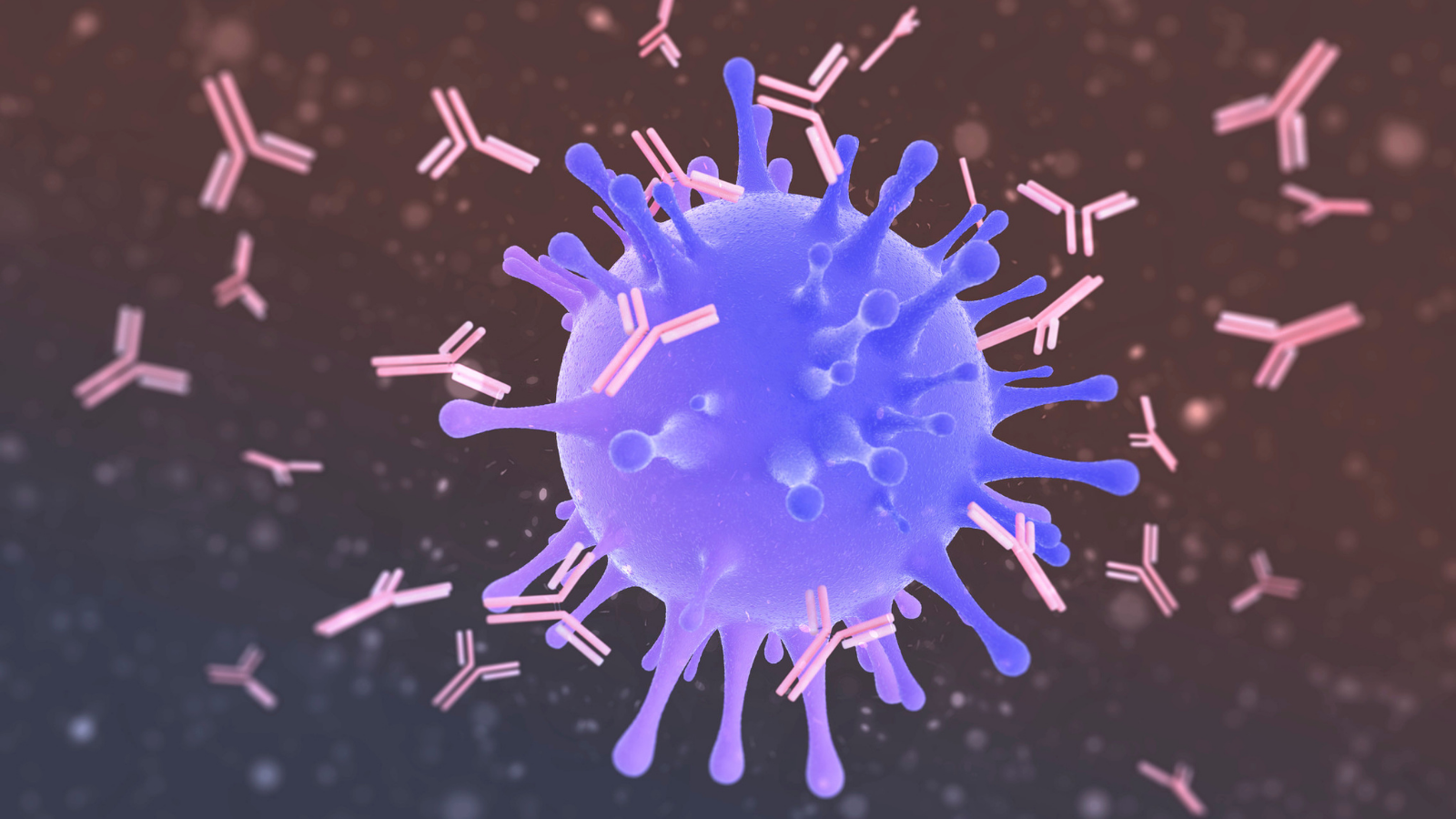
Scientists have learned much about physical interventions, non-pharmaceutical interventions, and vaccination success throughout the course of the COVID-19 pandemic. However, therapeutic interventions have not been very effective, and successful antiviral drugs have not been introduced at scale. In a new perspective piece in BMC Molecular Medicine, Nathaniel Hupert, MD, MPH, associate professor of population health sciences and co-director of the Cornell Institute for Disease and Disaster Preparedness (CIDDP), and Weill Cornell Medicine colleagues Douglas Nixon, DPhil, MA, and Daniela Marín-Hernández, MD, PhD, suggest considering immunological solutions to infectious pathogens as part of a planned pre-pandemic therapeutic development. The World Health Organization (WHO) lists current potential pathogens, including SARS-CoV-2, and Disease X, a pathogen currently unknown to cause human disease that could cause a serious international epidemic. After reviewing the availability and potential impact of emergency and extreme immunotherapeutic interventions for COVID-19 and future pandemic pathogens, which the researchers call “Extreme Immunotherapies for Pandemics (EIPs),” they highlight how specialized therapies might be adapted for more widespread use. While some therapies are controversial and require further clarification, beginning the dialogue before the next pandemic is essential. The researchers note that immunologists should have a clearly designated role in pandemic preparedness and response. Along with creating an ‘immunological therapeutic toolbox’ which could be rapidly deployed as part of a pandemic defense, they suggest surveilling populations at a systems immunology level as part of a planned pre-pandemic therapeutic development.
- Highlights

